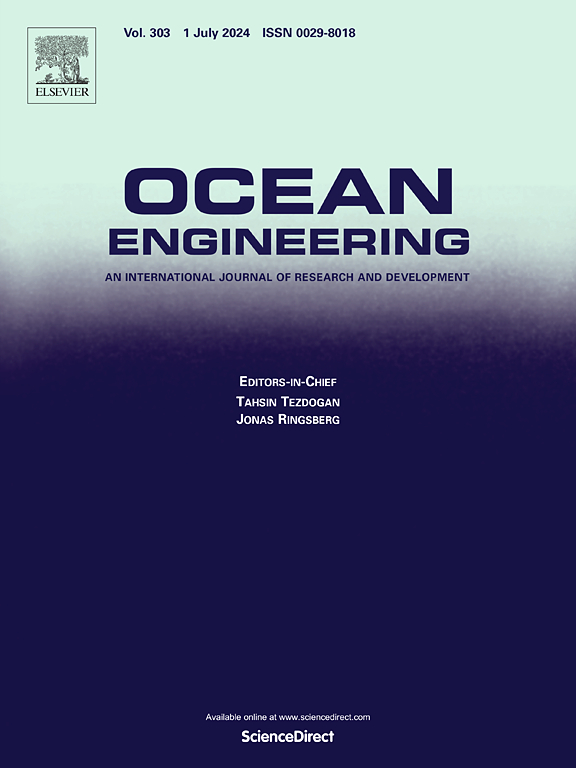Survey of AI-driven routing protocols in underwater acoustic networks for enhanced communication efficiency
IF 5.5
2区 工程技术
Q1 ENGINEERING, CIVIL
引用次数: 0
Abstract
The high-speed growth of undersea communication networks requires sophisticated routing protocols to deal with challenging underwater conditions including large latencies, limited bandwidths and varying topologies. In this paper, we examine the use of Artificial Intelligence (AI), Machine Learning (ML), Reinforcement Learning (RL) and fuzzy logic to optimize routing protocols for underwater networks. We provide a comprehensive survey of existing AI-based approaches, emphasizing their novelties and constraints underwater.
To assess the efficiency of these AI-based routing protocols, we carry out extensive simulations across various underwater environments where metrics such as packet delivery ratio, energy consumption, end-to-end delay, and computational efficiency are focused on. The results reveal that AI-aided protocols excel over conventional methods particularly in situations involving complex environmental dynamics as well as resources limitation.
However, there are practical implementation issues which must be solved before the real-world application of AI-based routing such as hardware constraints, concerns on energy usage , and scalability. This study provides valuable insights into the integration of AI technologies into underwater communication networks, paving the way for more reliable and efficient underwater operations. Our findings contribute to the growing body of knowledge in this field and offer a foundation for future advancements in underwater communication technologies.
水下声学网络中人工智能驱动的路由协议调查,以提高通信效率
海底通信网络的高速发展需要复杂的路由协议来应对具有挑战性的水下条件,包括大延迟、有限的带宽和不同的拓扑结构。在本文中,我们研究了如何利用人工智能(AI)、机器学习(ML)、强化学习(RL)和模糊逻辑来优化水下网络的路由协议。为了评估这些基于人工智能的路由协议的效率,我们在各种水下环境中进行了大量仿真,重点关注数据包交付率、能耗、端到端延迟和计算效率等指标。结果表明,人工智能辅助协议优于传统方法,尤其是在涉及复杂环境动态和资源限制的情况下。然而,在基于人工智能的路由实际应用之前,还必须解决一些实际实施问题,如硬件限制、能源使用问题和可扩展性问题。这项研究为将人工智能技术融入水下通信网络提供了宝贵的见解,为更可靠、更高效的水下作业铺平了道路。我们的研究结果为该领域不断增长的知识体系做出了贡献,并为水下通信技术的未来发展奠定了基础。
本文章由计算机程序翻译,如有差异,请以英文原文为准。
求助全文
约1分钟内获得全文
求助全文
来源期刊

Ocean Engineering
工程技术-工程:大洋
CiteScore
7.30
自引率
34.00%
发文量
2379
审稿时长
8.1 months
期刊介绍:
Ocean Engineering provides a medium for the publication of original research and development work in the field of ocean engineering. Ocean Engineering seeks papers in the following topics.
 求助内容:
求助内容: 应助结果提醒方式:
应助结果提醒方式:


